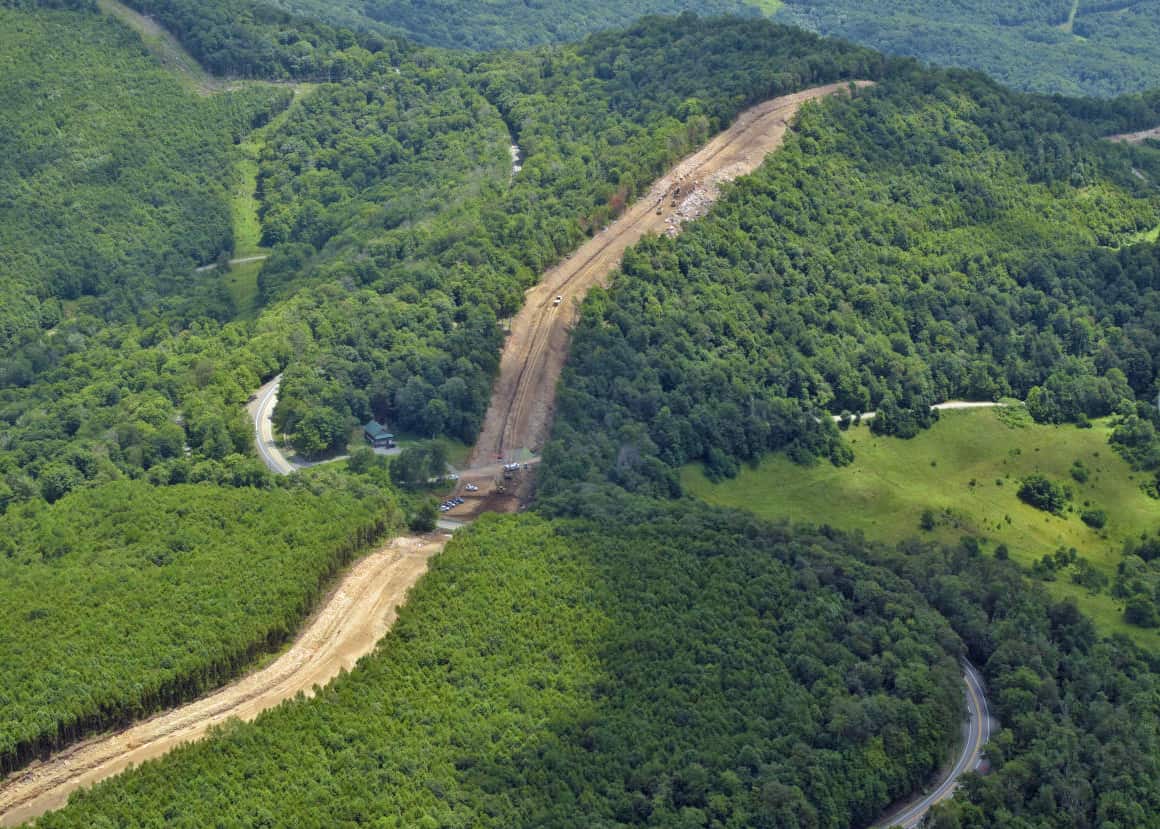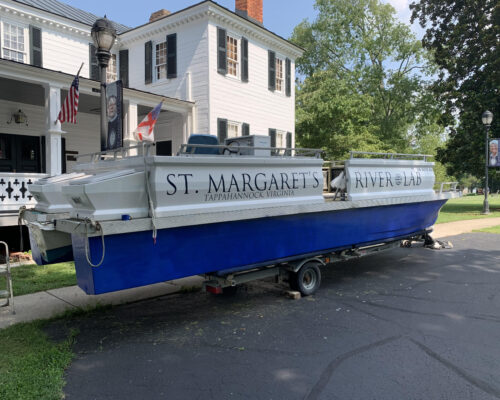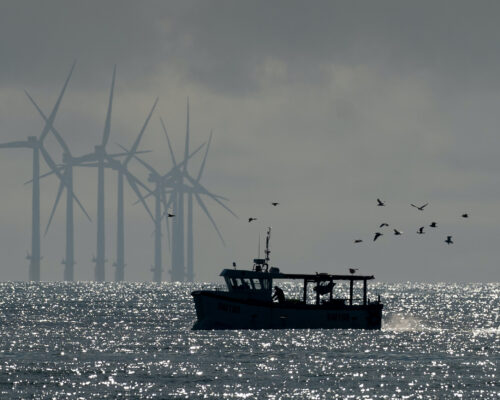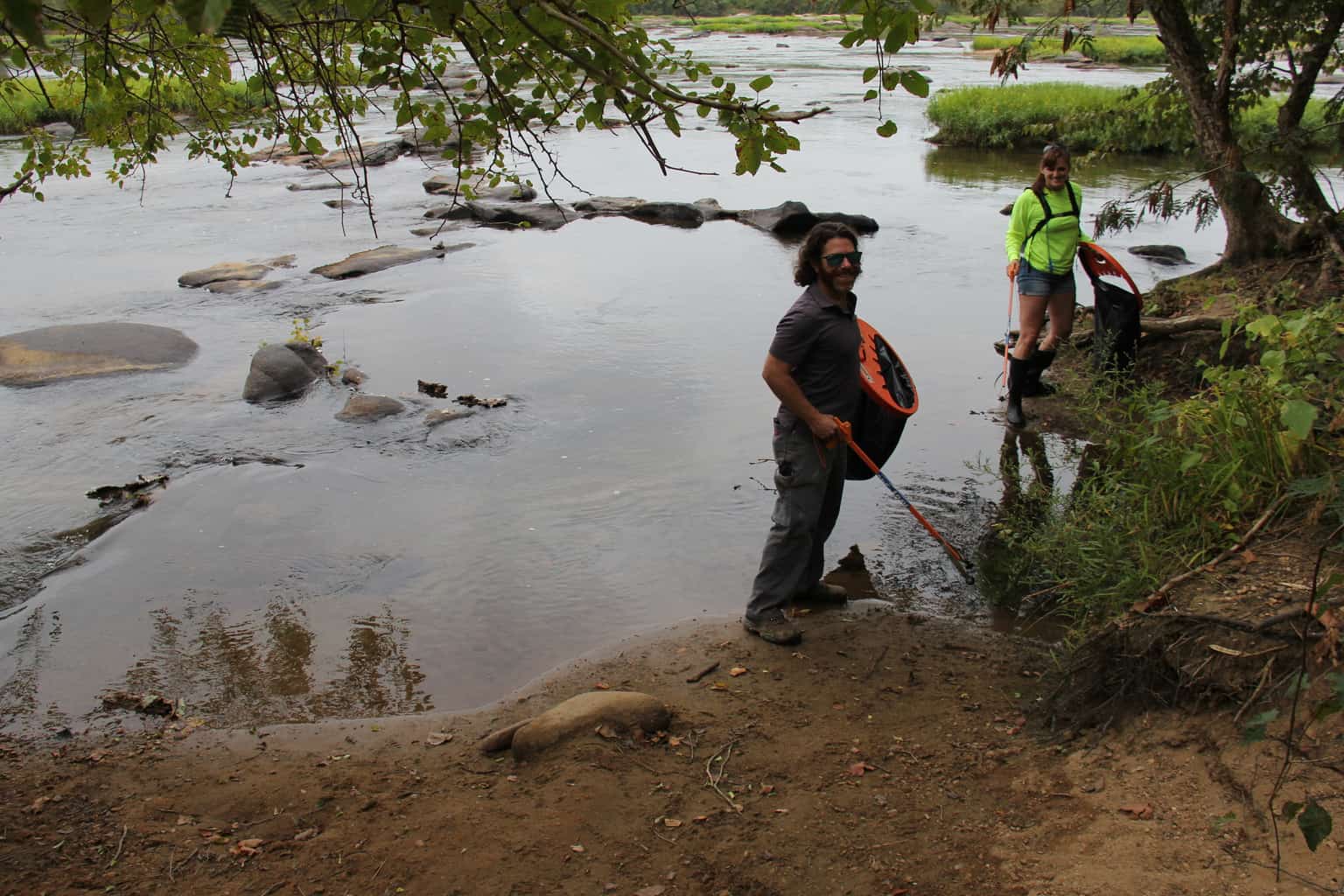On Sunday, July 5, Dominion Energy and Duke Energy discontinued the Atlantic Coast Pipeline Project permanently, citing ongoing delays and costs rising well beyond budget.
The companies had started the project to carry natural gas from wells in West Virginia to markets in southeastern Virginia and eastern North Carolina. It ran into broad opposition from a variety of people in its path.
Peggy Sanner, Virginia Executive Director for the Chesapeake Bay Foundation, summed up the problems this way: “The project would have crossed steep mountainous terrain, fragmented valuable forests, polluted streams and rivers, and threatened vulnerable communities along a 600-mile path.”
The plan that the Dominion/Duke design team put together involved crossing more than 1,400 streams and wetlands, as well as traversing multiple private property parcels whose owners did not want to sell rights-of-way to the power companies. The companies exercised eminent
domain, arguing that the pipeline was essential to the communities it was designed to serve.
In addition, the companies planned to site an industrial compressor station in the historical African American community of Union Hill in Buckingham County, Virginia, raising issues of environmental justice.
For Virginia’s rivers and the Chesapeake Bay, though, the issues of those stream crossings and clearing of tens of thousands of old-growth trees in the George Washington National Forest, along the Blue Ridge Parkway, and on the Appalachian Trail lay at the heart of the problem.
Dominion and Duke had been counting on a “general permit” from the U.S. Army Corps of Engineers that would cover all of the environmental issues without submitting a specific, engineered design for each stream crossing. A recent court case that struck down a general permit in Montana loomed as precedent for the Atlantic Coast Pipeline.
Dominion CEO Thomas F. Farrell, II and Duke CEO Lynn J. Good said in a joint statement on the decision to scrap the project, “This announcement reflects the increasing legal uncertainty that overhangs large-scale energy and industrial infrastructure development in the United States. Until these issues are resolved, the ability to satisfy the country’s energy needs will be significantly challenged.”
Some conservationists say each stream crossing deserves its own consideration. “Fitting detailed designs to the individual characteristics of streams is what’s needed to avoid damaging habitat and polluting those waterways,” said Bobby Whitescarver, a retired District Conservationist from the U.S. Natural Resources Conservation Service, who farms beef cattle in the Shenandoah Valley with his wife, Jeanne Hoffman.
“When we wanted to put in a cattle crossing across Middle River [a tributary of the Shenandoah River leading to the Potomac and the Chesapeake], we had to get an engineer to design it to minimize impacts in the stream, and then we had to submit it to the [Virginia] Department of Environmental Quality and the Corps of Engineers. If we, as local farmers, have to do that to protect Middle River and the waters downstream, then so do Dominion Energy and Duke Energy. If that requirement makes the project uneconomical, so be it.”
-John Page Williams




